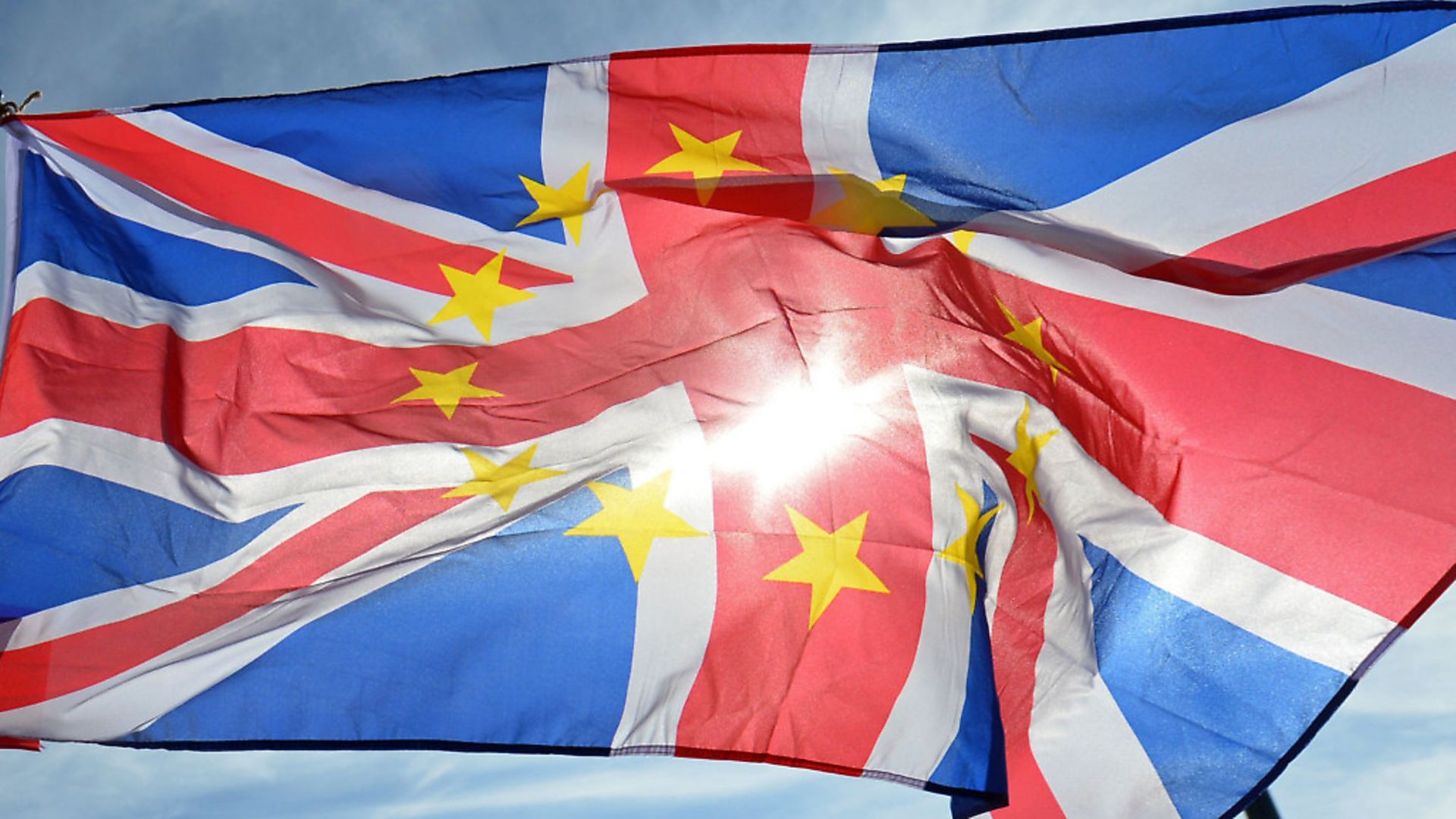
The battle for equal pay is far from won – and outside the EU it is going to get a lot harder, says CAROLINE CRIADO PEREZ.
If you’re a woman, by the time you read this you’ll already have been working for free for a week. You won’t be paid again until January. That is the extent of the gender pay gap in the UK today.
And yes, paying women less than men for work of equal value is illegal – but that doesn’t stop it happening.
According to a survey by the Young Women’s Trust, more than one million young women in Britain say they have been paid less than male colleagues for equivalent work, and the evidence suggests that while the pay gap for women overall has got decimals of a percentage better in recent years (let’s hear it for .5%!), it has actually got worse for younger women.
For more than a decade, cleaners and care-workers (jobs that are overwhelmingly dominated by women) in Glasgow have been demanding equal pay from their council which has been paying them up to £3 an hour less than (overwhelmingly male) bin collectors and street-sweepers. There is simply no justification for this pay discrepancy: in a direct comparison between street-sweeping and care-giving, it is not street-sweeping that emerges as the most highly skilled, or indeed the most physically demanding. It also happens to be illegal under EU law.
In the run-up to the EU referendum, the same Brexiters who could be found giving after-dinner speeches about which workers rights should be scrapped as soon as we unshackled ourselves from the grip of our liberal pinko commie European overlords, were also fond of telling us about how the Britain had enacted equal pay legislation in 1970, three years before we joined what was then the EEC.
And this was true. But it wasn’t legislation that the Glasgow workers could have made use of, because this equal pay legislation only covered a man and a woman doing the exact same work at the exact same level. And bin-collection is not exactly the same job as office cleaning. It’s just an equivalent job.
And it wasn’t until the European Commission took the UK to court in 1982, that our Glasgow cleaners won the right to fight for the same pay as their male colleagues. Before then, they would have just had to suck it up.
It is also because of the EU that part-time workers (the vast majority of whom are women) secured equal hourly pay (and equal access to occupational pension schemes) with full-time workers. And when the coalition government in 2011 considered the idea of scrapping the compensation cap that prevented it being cheaper for companies to discriminate against women and pay a fine than to simply pay them fairly in the first place, it was EU law that prevented them from doing it. They did introduce a cap when it came to unfair dismissal compensation claims, because this was not an area controlled by EU legislation. No prizes, then, for guessing what the first area our pro-deregulation government might choose to attack from March 30 next year.
It’s not just current law that we stand to lose: the EU’s action plan on equal pay, issued in November 2017 and due to be implemented by all member states by the end of 2019, gives legally binding rights for workers to request information on equal pay in their companies, and mandates sanctions, compensation, and enforcement powers against rule-breaking firms. But we will have left the EU by the time the clock runs out on implementing those rules and the UK government has repeatedly refused to answer questions on how and when the regulations will be introduced.
Meanwhile, a no-deal Brexit is looking increasingly likely, which economists predict will mean a 9.5% drop in GDP. This will be a disaster for us all, but women are likely to be particularly hard hit: less government money means less public spending, and women are most likely to both work in and use public sector services. A tough economic environment will also almost certainly nudge an already regulation-averse government into rolling back ‘costly’ workplace rights, such as those for part-time workers, in the name of ‘competitiveness’.
If you believe that women did not vote to be used as pawns in a new trading environment that sees a diminished Britain bartering our rights for economic security there is another way. The 2016 referendum was fought on lies. Now that the people of Britain have seen what Brexit actually entails, it is only right that we get to have a final say on if we want to go through with it. There is still time to write to your MP to ask them to support a People’s Vote. Every letter counts. Make yours part of the fight to stop Brexit Britain’s race to the bottom of the ‘efficiency’ barrel.









